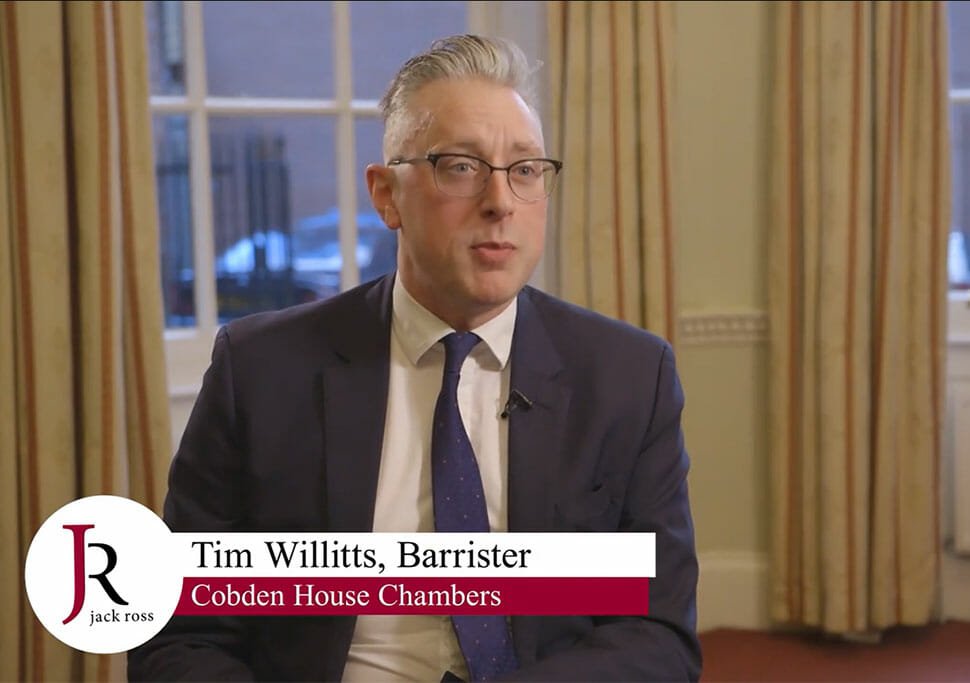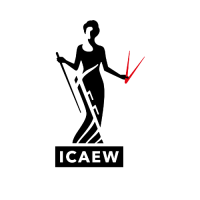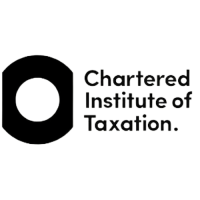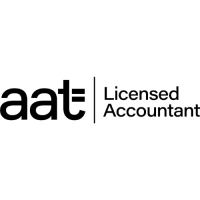Last updated: 21 February 2026
Pupillage Awards: Tax Treatment and Financial Guide 2026
Starting pupillage is a significant milestone. Alongside the professional challenges of your first year at the Bar, you face a new set of financial obligations–self-assessment registration, tax on your pupillage award, and National Insurance. This guide sets out exactly how pupillage awards are taxed, what expenses you can claim, and what deadlines you need to meet.
What is a pupillage award?
A pupillage award is the funding you receive from your chambers during the 12 months of pupillage. The Bar Standards Board (BSB) sets a minimum level each year, linked to the Living Wage Foundation’s recommended hourly rate. For pupillages starting from 1 January 2026, the minimums are:
- £25,863 per annum for pupillages in London
- £23,504 per annum for pupillages outside London
Many commercial sets pay substantially more–some in excess of £70,000–but these BSB minimums establish the floor. The award typically covers the full 12 months: both the non-practising (first six) and practising (second six) periods.
In addition to chamber awards, the four Inns of Court offer scholarships and grants. The tax treatment of Inn scholarships differs from chamber awards (covered below).
Self-employment status: the critical point
Pupil barristers are self-employed from day one of pupillage. You are not an employee of your chambers. This distinction has far-reaching consequences:
- Your pupillage award is taxable self-employment income, not employment income
- You must register with HMRC for self-assessment
- No tax or National Insurance is deducted at source–you are responsible for paying these yourself
- You can claim allowable business expenses from the start of pupillage
This catches many pupils off guard. Unlike friends who start as employed solicitors or trainees in other professions, nobody withholds tax from your award. You receive the gross amount and must budget for the tax bill that follows.
How pupillage awards are taxed
Chamber awards
Your chamber pupillage award is treated as trading income from self-employment. It falls within your self-assessment tax return alongside any earnings from the practising six months. For the 2025/26 tax year:
- The personal allowance is £12,570–you pay no income tax on the first £12,570 of taxable profit
- Income between £12,571 and £50,270 is taxed at 20% (basic rate)
- Most pupils will remain within the basic rate band
If your pupillage award is £25,863 (the London minimum) and you have no other income, your taxable profit after the personal allowance would be £13,293 before expenses. The income tax on this would be approximately £2,659.
Inn of Court scholarships
Scholarships and prizes awarded by the Inns of Court before or during pupillage are generally treated as tax-free educational grants, provided they are genuine scholarships and not payments for services. This distinction matters–if an Inn scholarship is conditional on you joining a particular chambers or completing specific work, HMRC may argue it is taxable. In practice, most Inn scholarships remain tax-free.
Registering with HMRC
You must register for self-assessment with HMRC as a self-employed individual. The deadline is 5 October following the end of the tax year in which you started pupillage.
In practice, register as soon as your pupillage begins. If your pupillage starts in October 2025 (within the 2025/26 tax year), you must register by 5 October 2026 at the latest. HMRC will issue you a Unique Taxpayer Reference (UTR), which you need for your first tax return.
Do not wait until the deadline. UTR numbers can take several weeks to arrive, and you will need yours well before your first filing date.
Your first tax return
Your first self-assessment tax return covers the tax year in which pupillage began. For a pupillage starting in the 2026/27 tax year (6 April 2026 to 5 April 2027):
- Online filing deadline: 31 January 2028
- Paper filing deadline: 31 October 2026
- Tax payment deadline: 31 January 2028
Your return should include all self-employment income received during the tax year: the pupillage award, any earnings from the practising six months, and fees from any other self-employed work. You will also declare allowable expenses (see below).
HMRC may also require payments on account for the following year–advance payments towards your next tax bill, each equal to half the previous year’s liability. This means your first payment in January 2027 could include both the 2025/26 tax bill and the first payment on account for 2026/27.
National Insurance contributions
As a self-employed barrister, you are liable for National Insurance on your profits:
Class 2 NICs
From 6 April 2024, self-employed individuals are no longer required to pay Class 2 NICs. If your profits exceed the small profits threshold (£6,845 for 2025/26), you automatically receive National Insurance credits for state pension and benefit entitlement without paying anything. If your profits are below this threshold, you may choose to pay Class 2 voluntarily at £3.50 per week to protect your state pension record.
Class 4 NICs
Class 4 NICs are calculated on your taxable profits and collected through self-assessment:
- 6% on profits between £12,570 and £50,270
- 2% on profits above £50,270
On the London minimum pupillage award of £25,863 (before expenses), the Class 4 NIC liability would be approximately £798.
Expenses you can claim from day one
Because you are self-employed from the start of pupillage, you can deduct allowable business expenses from your taxable profit. Key claimable expenses for barristers during pupillage include:
- Practising certificate fee–the BSB practising certificate required from your second six
- Bar Council and circuit subscriptions–annual professional membership fees
- Robes and court dress–wig, gown, bands, and wing collar (not everyday clothing)
- Travel to courts and conferences–train fares, mileage at HMRC approved rates (but not ordinary commuting to chambers)
- Professional books and law reports–practitioner texts, online legal databases if you pay personally
- Continuing professional development (CPD)–course fees, conference attendance
- Professional indemnity insurance–if required during the practising six
- Stationery and printing–papers, binders, notebooks for case preparation
Keep receipts and records for everything. HMRC can enquire into your tax return up to 12 months after the filing date, and you must be able to substantiate every claim.
Making Tax Digital: does it affect pupils?
From April 2026, Making Tax Digital for Income Tax requires self-employed individuals earning over £50,000 to keep digital records and file quarterly updates. The threshold drops to £30,000 from April 2027.
Most pupil barristers earn below these thresholds and are not yet caught by MTD. However, if your chambers offers a particularly generous award, or if you have significant additional income, you should check whether you exceed the relevant limit. Even if MTD does not apply to you now, it is worth adopting good digital record-keeping habits from the start of your career.
Practical steps for new pupils
- Register with HMRC for self-assessment within the first month of pupillage–do not wait for the deadline
- Open a separate bank account for professional income and expenses
- Set aside 25–30% of your award in a savings account for tax and National Insurance
- Keep all receipts from day one–expenses claimed reduce your tax bill
- Appoint an accountant early–ideally one who understands the Bar, so nothing is missed
- File your tax return well before the January deadline–you will know exactly what you owe and can plan accordingly
Frequently asked questions
Is a pupillage award taxable?
Yes. Chamber pupillage awards are taxable self-employment income. You are a self-employed barrister from day one of pupillage, and the award forms part of your trading income for self-assessment purposes. You must declare it on your tax return and pay income tax and Class 4 National Insurance on any profit above the personal allowance.
Do I need to register with HMRC as a pupil barrister?
Yes. You must register for self-assessment as a self-employed individual. The formal deadline is 5 October following the end of the tax year in which your pupillage started, but we recommend registering within the first few weeks. HMRC will issue a Unique Taxpayer Reference (UTR) that you need for your first tax return.
What expenses can I claim during pupillage?
You can claim allowable business expenses from the very start of pupillage. Common claims include travel to courts, robes and court dress, professional subscriptions, the BSB practising certificate fee, law books, CPD courses, and professional indemnity insurance. Ordinary commuting to your chambers is not claimable, but travel to courts, conferences, and other temporary workplaces is.
Are Inn of Court scholarships taxable?
Generally, no. Scholarships awarded by the Inns of Court are usually treated as tax-free educational grants, provided they are genuine scholarships and not conditional on performing specific work. However, if a scholarship is effectively payment for services, HMRC could treat it as taxable income. If you are unsure about a specific award, seek professional advice.
Sources
- Bar Standards Board – Pupillage / work-based learning component
- GOV.UK – Self-employed National Insurance rates
- GOV.UK – Self Assessment tax returns: Deadlines
- GOV.UK – Register for Self Assessment (self-employed)
- Bar Council – I am a pupil barrister
Starting your pupillage? We offer reduced fees for pupil barristers. Our specialist pupil barrister service covers HMRC registration, your first tax return, and ongoing support throughout your career at the Bar.





